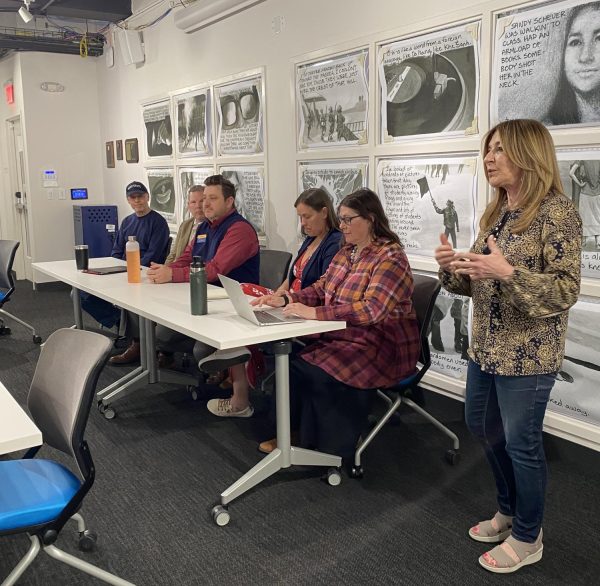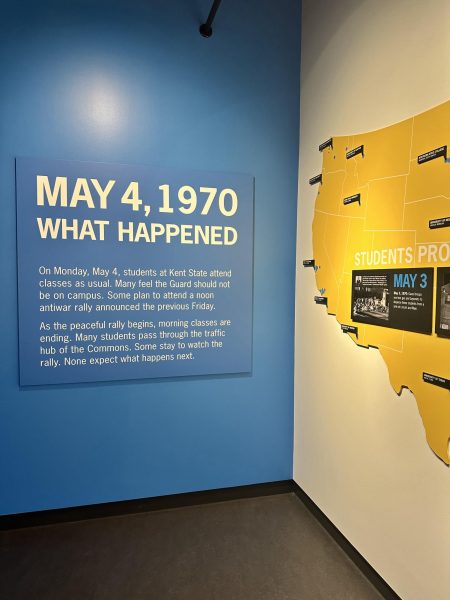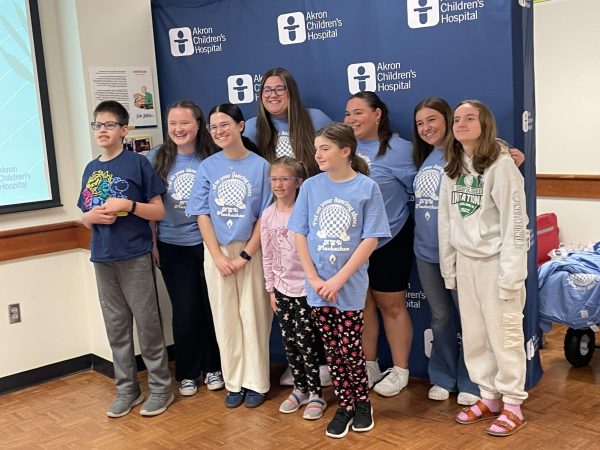New program seeks out at-risk students to keep them on track
September 19, 2008
Faculty can advise students to get help before it’s too late
Faculty can now offer help for struggling students before they sink too deep, thanks to a new early alert program from the Office of Student Success Programs.
“That first eight weeks is critical,” said Terri Christensen, executive director of Student Success Programs. “You’re struggling, trying to make a transition, and you have all these new academic expectations. And then if you have a bad experience in any of our offices, it’s kind of like, ‘Well, I don’t know if I want to be here.'”
The early alert program will keep students from reaching such conclusions, Christensen said.
Since the program was launched Sept. 8, faculty can log into their FlashLine accounts to recommend advising for at-risk students. Excessive absences, low exam grades and missing assignments are red flags.
So far, faculty have bought into it, Christensen said.
Her office has received about 250 early alerts from all eight Kent State campuses, 150 from the main campus.
“We’ve been really pleased with the response,” Christensen said. “We hope that will continue to grow.”
And it likely will, considering how early it is in the semester.
Heidrun Hultgren, assistant professor in the School of Art, said she couldn’t say which students would need help until after she gives the first exam.
Richard Robyn, assistant professor of political science, has yet to recommend anyone, either, but likes the idea.
“It’s a good idea to try to find out if students are missing classes or disappearing from the university’s system without anybody trying to contact them and find out if they’re doing OK,” said Robyn.
That faculty care is the driving principle of the program, Christensen said.
“I think we tend to look at faculty members as just these untouchable beings,” she said. “But they all genuinely care, and they want students to be successful.”
The early alert program was inspired by research from the National Resource Center for the First-Year Experience and Students in Transition, which found students are more likely to graduate from a school if they perform well academically in the first eight weeks of the semester.
“Sometimes by midterms it’s too late,” Christensen said. “We want to intervene earlier because sometimes you get in such a hole with a number of your classes that by midterms it’s not salvageable.”
Students who are recommended for advising will be contacted by someone in the Office of Student Success Programs, Christensen said.
They will meet with an adviser to discuss time management strategies or to be pointed to an academic support center.
Contact administration reporter Ben Wolford at [email protected].
























